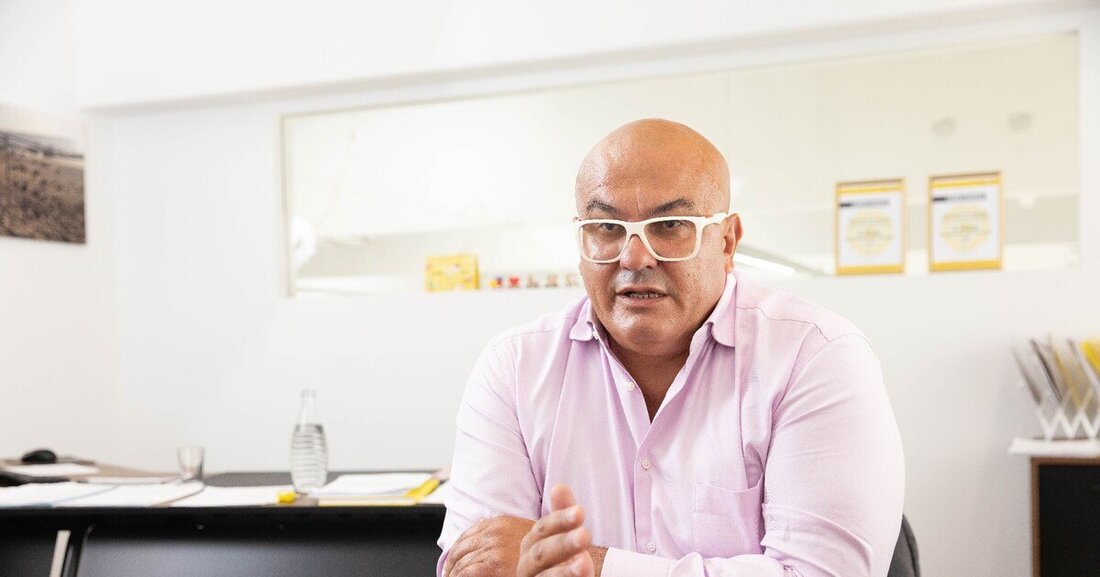No money for repairs
Lucky Car founder Matic senses his customers' lack of money and is calling for a repair bonus for car owners.

No money for repairs
“More and more people are coming to our workshops and can no longer afford the costs of urgently needed repairs on their cars,” reports Ostoja “Ossi” Matic, founder and owner of Austria’s largest contract-free workshop chain Lucky Car. He therefore sees the current changes to the federal government's repair bonus as an opportunity to also apply it to repairs to cars. “Many people are dependent on cars for work or family reasons, and they also need support in times like these,” says Matic.
In the first year of the repair bonus alone, 560,000 vouchers were redeemed for the repair of electrical appliances, with the Climate Ministry covering 50 percent of the repair costs or up to 200 euros. Due to some cases of misuse, the repair bonus was paused at the beginning of the month. The renovation work should be completed and the vouchers will be available again from September 25th. "Of course, I understand that, due to the current mobility transition, there is interest in making public transport attractive to people. However, the reality, especially in rural areas in Austria, is that many people are dependent on a car, for example to get to work, to the children's sports club or for medical care for their grandparents," says Matic. In addition to the benefit for the consumer, Ossi Matic also emphasizes the usefulness of car repairs in terms of sustainability: “A repaired car is definitely more sustainable than a newly produced one.”
According to their own information, 58 percent of Austrians rely on cars in everyday life. There is a high level of car dependency, particularly in the federal states of Lower Austria, Upper Austria, Burgenland and Salzburg - here seven out of ten people say they cannot cope with everyday life without a car. In comparison, in Vienna it is only just over a quarter of those surveyed. "In urban areas, we offer our customers public transport tickets instead of a replacement vehicle, and this offer is well received. However, politicians must not forget about rural areas and should relieve the population of car costs," concludes Matic.

 Suche
Suche
 Mein Konto
Mein Konto